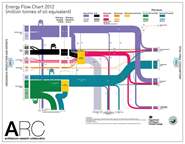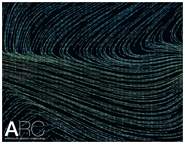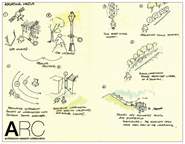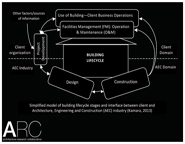Mediated Enviroments
The contemporary ubiquity and rapid development of digital and computational technologies has led to a radical re-tooling of the way in which we act within and navigate urban and non-urban environments. This theme explores the shifting ways in which the experience of specific environments is mediated and informed by digital prostheses and capacities, and the new performative possibilities to which these give rise.
This involves, for example, questions of informational capture and feedback systems related to architectural construction or carbon consumption, as in the work of Carlos Calderon and Neveen Hamza who is part of the EPSRC-funded eVIZ project in consortium with Bath, Plymouth and Birmingham Universities. Martyn Dade-Robertson explores new forms of interaction facilitated by the new technology with cultural resources for example, the Amber Collective archives, and in the EPSRC-funded project PATINA. More broadly, mediation poses profound questions for contemporary subjectivities as they are shaped through interaction with technological artefacts and for the relation between freedom and control in technologically-advanced societies, explored in Sam Austin’s genealogies of the new ‘Lounge Spaces’ of contemporary transient society and in Katie Lloyd Thomas’ work on the relational architectures of neonatal technologies. The theme is also connected to research in Newcastle University’s flagship research facility:Culture Lab where we have ongoing collaborations on projects in computing and interaction design.
People: Sam Austin, Carlos Calderon, Martyn Dade-Robertson, Steve Dudek, Neveen Hamza, John Kamara, Katie Lloyd Thomas.
Projects:



